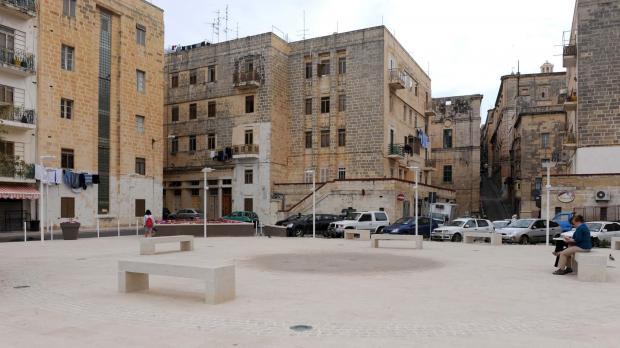The housing problem

A recent Housing Authority study showed that two thirds of those applying for social housing are single mothers. Women account to three out of four applicants and half of the applicants are between 26 and 45 years old. As expected, a third do not have a job and therefore lack the financial means to buy or rent a property. However, there are 29 percent who cannot afford to buy or rent a property despite having a full-time job. The study also shows that the average income of applicants is € 755 per month (around € 9.00 annually) while those living only on social services earn €530 per month (€6,360 annually).
The housing estates projects of the 1970s and 1980s alleviated the problem for thousands of families. In recent years, the issue started to surface again. The government was caught been on the wrong foot as it did not have an adequate stock of units available. As the Housing Authority’s waiting list soared, Government launched a vast project of 800 social housing units – none of which have yet been completed.
However, Government made the situation worse through its own policy of fuelling economic growth through a sharp increase in population. In turn, this led to a steep rise in rental rates. How can a young couple afford to rent a property when the landlord has the option to increase rates knowing that he can fit a large number of migrant workers? The policy of promoting cheap labour has led to a situation whereby landlords are renting out beds rather than properties.
Unfortunately, controls in this regard are inadequate, meaning that abuse is likely. Though there are parameters regulating the number of beds in tourist accommodation, no such framework exists for rental property. The is leading to social tensions in some areas of the Maltese Islands due to the difficulties being encountered by neighbours of properties hosting dozens of persons under one roof.
At the other end of the spectrum, the cash-for-passport scheme is also having negative repercussions as it is resulting in an upward trend in rental rates. This is due to the condition which states that IIP applicants must spend € 1,333 rent per month. Ironically, the government is now using the revenue from this scheme to finance its social housing project.
If the Government really wants to tackle the housing problem holistically it must shift away from short-term economic policies. Experience shows that the price of economic success of recent years has been sour – a sharp rise in traffic and emissions, a strain on the health service and the environment, as well as burdens on young couples who want to buy their first home.
Unless Government changes direction, measures being taken to mitigate the housing problem will always fall short. Schemes such as rent subsidies, bank loan assistance, the construction of new housing units, and rent law reforms are positive measures, but in the absence of a different approach there is the risk that Government will just be papering over the cracks.
